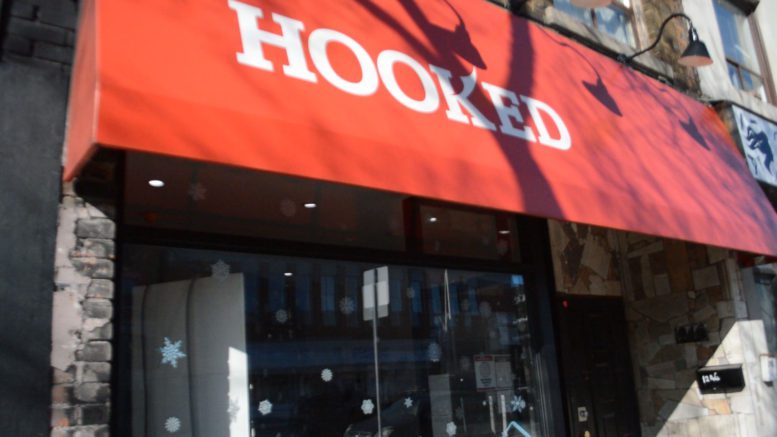In late 2019, Renee Mackey-Burson was optimistic about her burgeoning vegan snacks business in Woodstock, Ont. The company was growing quickly — but then came the COVID-19 pandemic.
“We were gaining such momentum,” Mackey-Burson said in an interview. “And then everything shut down.”
For many businesses, the pandemic had catastrophic consequences. For others, however, it produced the opposite. Three small food-owned stores in Ontario actually experienced booms in business as consumers looked for ways to avoid grocery store lines and support local businesses.
One Toronto shop owner reported a substantial increase in their profits — “a good 50 per cent after COVID.”
One of the most important sectors in any economy is the food industry, leading to a lot of research into how it has been affected by supply chain disruptions. There was particular concern for smaller self-owned stores and businesses, as they tend to be extremely vulnerable to it. Statistics Canada reported that between February and May of 2020, employment in Canada’s food industry dropped by 55 per cent compared to pre-pandemic levels — representing more than 600,000 jobs lost.
Yet some food entrepreneurs saw opportunity amid the chaos. One of them was Michael Lam, an experienced restaurant chef who decided to launch an ice cream business with his colleagues to compensate for their reduced hours. That’s how Toronto’s Good Behaviour ice cream shop was born in February, 2021. Lam and his colleagues opened a physical location that July and scooped flavours such as matcha cookies & cream, strawberry cheesecake and passion fruit sorbet.
“COVID, in a way, opened an opportunity for us,” Lam said.
“Because we came from restaurants, we had this experience (with customers). What would usually be a Friday night $150 bill experience … we condensed that into a $5 experience, in five minutes.”
Lam said his customers quickly became regulars due to the safe, quick, yet enjoyable interaction that they would get from going to Lam’s pop-ups and store.
“If COVID wasn’t there, I don’t know if that would be the case,” he said.
Fishing for support
Laura Cleland, a fishmonger who owns Hooked Danforth, also benefitted from the pandemic in unexpected ways as people looked for ways to avoid long grocery store lines.
“We saw an uptick in our business … a good 50 per cent after COVID,” she said.
WATCH | Hooked Danforth’s pandemic success:
Cleland had previously worked as a fishmonger in the original Hooked location at Leslieville and decided to open her own franchise with her husband in June of 2017. Since then, the Danforth location has been popular with what Cleland describes as “a very supportive community.”
Those supporters doubled down during the pandemic and kept Hooked afloat. Cleland brought in a new variety of pantry items as a result.
A business with soul
In late 2019, Renee Mackey-Burson was selling her vegan snacks out of a rented church kitchen in Woodstock, Ont. But like so many others, Mackey-Burson suffered heavily under COVID-19, particularly because her business, Soul Purpose Bars, was dependent on selling to coffee shops and health-food stores, which were mostly closed by June of 2020.
“There was an immediate decline in revenue for us,” she said.
Customers in the local community, however, kept ordering directly from the company. They started delivering their vegan snacks, treats and energy bars directly to people’s houses and apartment buildings.
The transition of her business to e-commerce and delivery as well as the support from her local community kept it afloat.
“This community kept us alive,” Mackey-Burson said.
Looking forward
As Ontario begins to open back up, such stories are bittersweet. These businesses have thrived as people focus on shopping local, but whether that momentum will continue once the world returns to “normal” is anyone’s guess.
“We are definitely cautious,” Lam said.
Mackey-Burson agrees.
“We’re still not out of the woods,” she said.
“My employee is still not working nearly the number of hours she was before … It might take years for a lot of businesses to recover from the last two years.”

